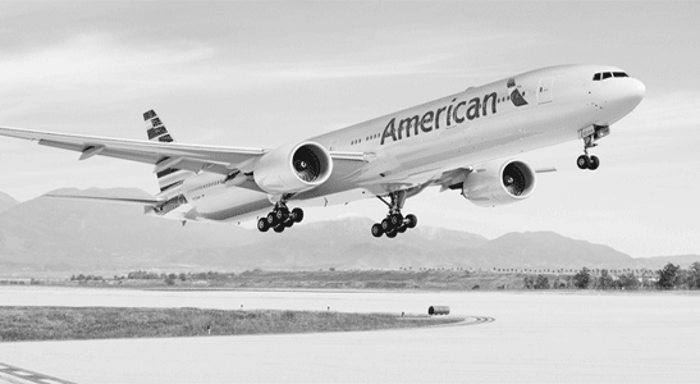Thanks to the DOT, U.S. airlines are required to allow customers who book non-refundable tickets more than seven days in advance to either 1) hold the reservation for 24 hours before being charged for it, or 2) pay for the reservation but cancel within 24 hours and receive a refund.
The industry-standard policy is the latter. And it’s easy to see why: Forcing customers to pay up front, even with the option of requesting a refund later, gives the airlines control of passengers’ payments, some of which are surely never refunded, through inertia or inattention.
There was one high-profile exception to the general rule, American, which until last week allowed travelers to wait 24 hours before either paying for their reservations or allowing them to lapse. Given the alternative, it was a notably customer-friendly policy. And one which certainly resulted in lost revenue for American.
RELATED: Alaska Air Buying Virgin America? Say It Ain’t So!
As it turns out, it was unsustainably customer-friendly, as is often the case with policies that both fail to maximize revenue and diverge from the mainstream. Why be nice when there’s no competitive pressure to do so, and it’s costly?
So on Friday, April 1, American initiated a stepwise adoption of the more conventional, more lucrative booking rule. To begin with, up-front payment will be required for bookings not made on American’s website. And eventually, probably sooner rather than later, the policy will be extended to AA.com bookings as well.
There’s no word on whether or when the new policy might cover AAdvantage award bookings. For now, such bookings can still be made with a generous five-day hold before miles are committed.
An American spokesperson, quoted in USA Today, explained the move as follows: “We’re making the switch to minimize the customer confusion that arose sometimes because our policy was different from those of other airlines.”
Minimizing confusion or maximizing revenue? Whatever the motivation, the change is gonna come.
Reader Reality Check
Did you find American’s 24-hour-hold policy confusing?
After 20 years working in the travel industry, and almost that long writing about it, Tim Winship knows a thing or two about travel. Follow him on Twitter @twinship.
This article first appeared on SmarterTravel.com, where Tim is Editor-at-Large.


Don’t AA award holds count for 5 business days, rather than the 24-hour revenue ticket policy?
Yep, and that policy remains in place for now.
Amazing the fake logic AA can use to justify more ‘friendly’ policies! Thank GOD I won’t be allowed to have a 24 hour ‘hold’ expire after 24 hours and not understand what happened? I’d rather AA add a ‘proactive fee to ensure flight crew is scheduled and appears’ after repeated delays because they can’t even schedule their own employees.
I can attest to getting bitten by the AA customer friendly “bug” on at least 2 occasions. I rarely fly AA, and on all other carriers I’m used to buying the ticket, knowing that I can cancel within 24-48 hours if plans change. Delta, for one, doesn’t even charge my credit card until the free-cancellation period has expired, so I can cancel with the click of a button. So when went to cancel with AA, I was SOL.
I fully acknowledge that they were my mistakes and not AA’s, but there IS something to be said for industry standardization. I guess AA felt that the ire they’d receive from those who liked the hold would be far less than what they were currently getting from those that were out real money.